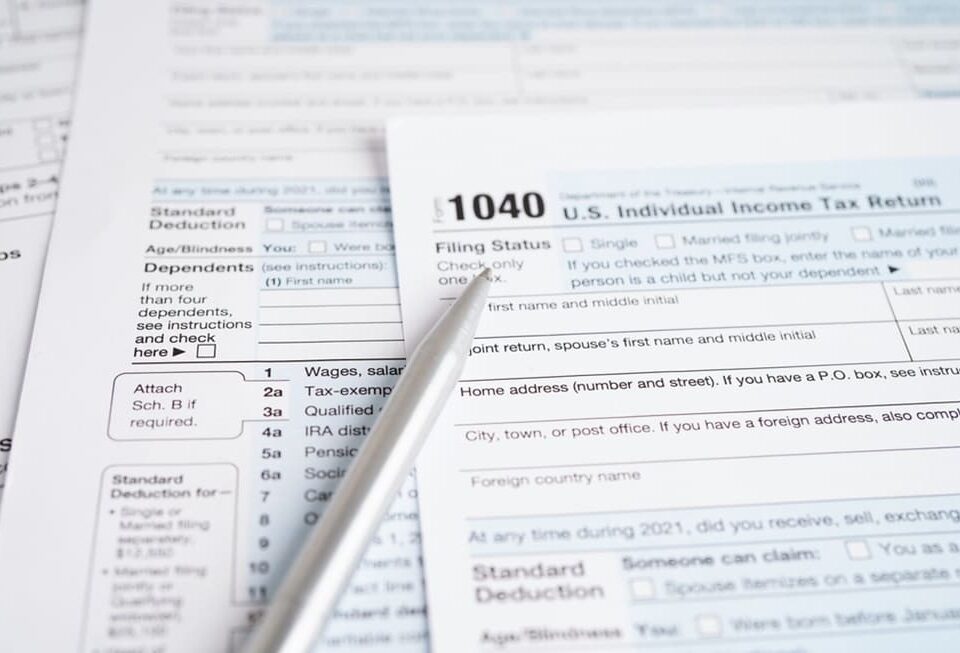- Have any questions?
- 888-432-8878
- steve@sebackground.com
What To Do When An Employee Comes Drunk At Work
As one of the most common habits around the globe, it’s not a rare experience to have an employee being intoxicated at work. Statistics show that at least one or two persons suffer from alcohol dependence or abuse in every 12 adults – that’s about 17.6 million people in the United States according to the National Council on Alcoholism and Drug Dependence (NCADD).
A lot of factors may influence the incidence of being drunk at work. It could be habitual; where the employee’s social loyalty has been overwhelmed by alcohol intake. It could also be by chance; where the employee went to an event the previous night and drank more than necessary. Regardless of the causative factor, your company’s aim of promoting the right cultural practices for maximum productivity cannot be compromised. Employee’s handbook should be referred to for appropriate sanctions or punishments based on the company’s Drugs and Alcohol Abuse Policy.
When you have an employee that is intoxicated at work, a high level of professionalism is required. It’s a very sensitive role to play as a manager or supervisor. Precautionary measures are also important to avoid paying unemployment, getting sued for discrimination or other potential legal claims with mild to severe consequences.
As an employer, your office must have an existing policy on alcohol abuse, which will serve as the basis for any deserving punishment or sanction. However, employees who are drunk at work should not go unpunished – this will send a bad message to other employees that there are no sanctions for getting intoxicated at work.
Approach the employee politely
Politely approach the employee like a friend and ask if he or she is slightly drunk. If the answer is yes, then you should send the employee home. Make sure you send another employee to drive the employee drunk and place the necessary sanctions like suspension. If the employee denies being intoxicated at work when you are convinced by his or her actions and odor, request for alcohol tests.
Keep records
If the employee has admitted being drunk, document the event and ask the employee to sign for record purpose. This will be useful when severe sanction would be necessary on the employee due to consistent substance violation.
Employee Assistance
You may send employees with consistent substance abuse for assistance while they serve suspension with or without pay as stated in your office alcohol policy. This will be useful anytime you decide to terminate the employee’s appointment due to poor performance from alcoholism.
For effective management of employees coming to work drunk, the following need to be done.
Establish Drug and Alcohol Policy
Establishing an alcohol policy is important to reduce potential violations of substance and to protect your company from paying for unemployment in events that you dismiss an employee for getting drunk at work. The policy should:
- Ban employees from getting intoxicated at work. Also, ban the use of drug and alcohol at work
- State that employees suspected to be drunk at work will be required to undergo alcohol/drug testing
- Identify where the alcohol/drug testing would be conducted
- State if a retest may be conducted by the employee’s physician or laboratory of the employees’ choice.
- State what would happen if the company believes the employee intentionally interfered with the test. And also if the employee refuses the test
- State the employee’s status while waiting for the test results
- State the consequences of being drunk at work.
The post What To Do When An Employee Comes Drunk At Work appeared first on The HR Digest.
Source: New feed



